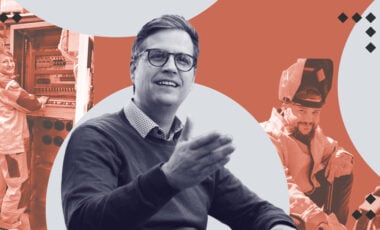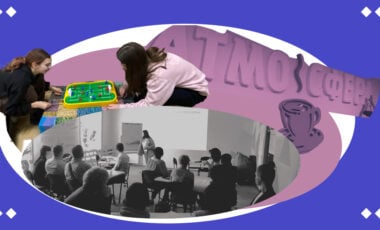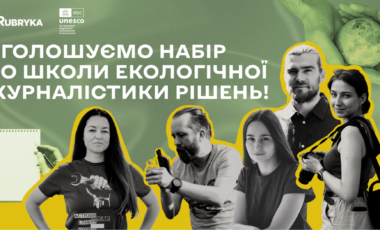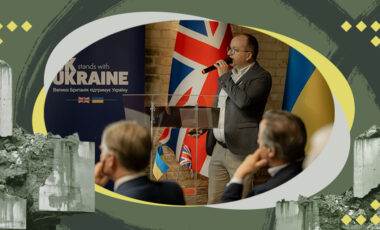Solutions from Ukraine: eco-settlements network provides aid to over 3,000 IDPs, volunteers, and veterans
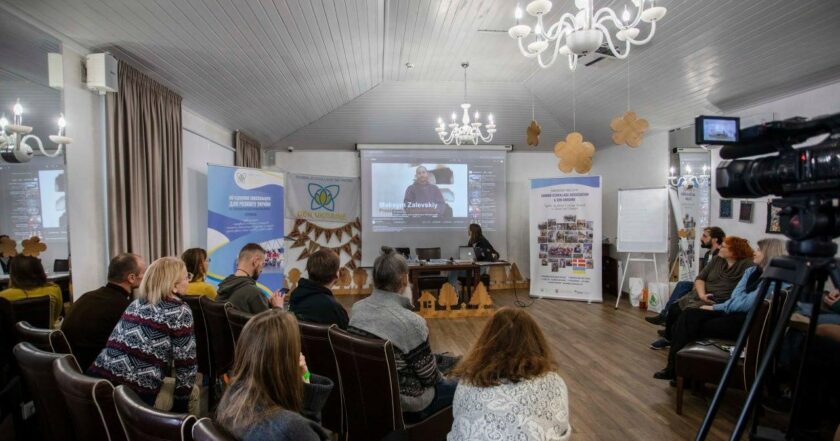
Photo: Alena Knesenka
A forum titled "Community resilience during periods of crisis" took place in Lviv on February 10–11. GEN Ukraine, a local division of the global organization GEN, or Global Ecovillage Network, shared their experiences of living in environmentally friendly communities during times of war. They also discussed how eco-settlements could aid Ukraine's recovery and psychologically support Ukrainians. Rubryka was also present at the forum.
What is the problem?
The US National Institute of Health states that urbanization affects people's mental health. Increasing stressors, polluted environments, overpopulation, high levels of violence, and declining social support are contributing factors. People in megacities often experience loneliness and a lack of social connections despite the large number of people nearby.
For Ukrainians, the fact that large cities became a constant target for attacks during a full-scale war is also a stress factor. That is why many people evacuated to safer regions, mainly rural settlements.
However, they face other difficulties there – lack of quality transport connections, bad roads, low-paid work, a minimum of cultural events, etc. These and other factors have become the reasons why villages are gradually disappearing. And this problem is relevant not only to Ukraine.
What is the solution?
The NGO "Global Network of Eco-villages of Ukraine" has been active since 2018 to bring together and assist Ukrainian environmental communities. As of now, the Ukrainian network comprises over 60 settlements. The eco-friendliness of these communities is reflected in their approach towards natural resources, waste management, utilization of eco-friendly technologies, and promoting environmental awareness within their communities. These principles are often rooted in the UN's concept of sustainable development.

Photo: Kateryna Demydyuk
How does it work?
Challenges of war
With the beginning of the full-scale war, eco-settlements actively received visitors from all over Ukraine. Iryna Kazakova, project manager at GEN Ukraine, shares that over 3,000 resettled people were accepted in two years. Someone, having visited the settlements, moved on, and someone stayed and became a permanent part of the community.
The community renovated old houses to accept IDPs and provide comfortable living conditions. For example, a winter house made of straw panels was created in the eco-village of Bushanska Toloka. In total, the organization helped equip 80 houses for displaced people.
Revival of the village
Young people come to the village with whole families, single-handedly create places for recreation, clean up garbage that is densely littered with natural locations, and restore infrastructure; for example, roads in less developed villages turn into mud during lousy weather.
To implement positive change, communities establish communication with local authorities, which can provide utility machinery, equipment, or services. For example, the Prostir Liubov settlement, thanks to joint work with the community authorities and concerned residents, created an arboretum and village territory and organized a working group on garbage collection and water conservation.
In addition to physical recovery, eco-village residents create non-formal education projects for children, thereby sharing new experiences with residents. Informal education does not replace but reinforces formal education; it allows children to be taught soft skills that they will need in life.
Business and green tourism
Some eco-villages offer self-made goods for sale. In particular, Zeleni Kruchi grows fruits and vegetables, from which they create craft preserves: juices, jams, sauces, and preserved vegetables. GEN Ukraine helped to purchase greenhouses and take a course on business planning and marketing for craft producers, and later – to find grant support for small businesses.
The eco-settlement Dzin Space, located in the Ivano-Frankivsk region, has created its green tourism base, where it invites everyone to visit art spaces, yoga studios, a health center, an alchemical center, and other points on the base of the settlement. The Living House location in the Kharkiv region creates ceramic products: gift doves, cups, plates, etc. He also offers to visit a home ceramics studio.

Photo: Alena Knesenka
Maksym Zalevsky, president of GEN Ukraine, says:
"Most of the locations where this is happening are depressed villages that don't have a development strategy. These small grassroots initiatives attract funds from outside, invest in the renovation of old buildings and infrastructure, and give these villages a boost. They provide them with hope for the next stage of life ".
The man adds that eco-villages also help to tell a wider audience about the underrated magical corners of Ukraine.























